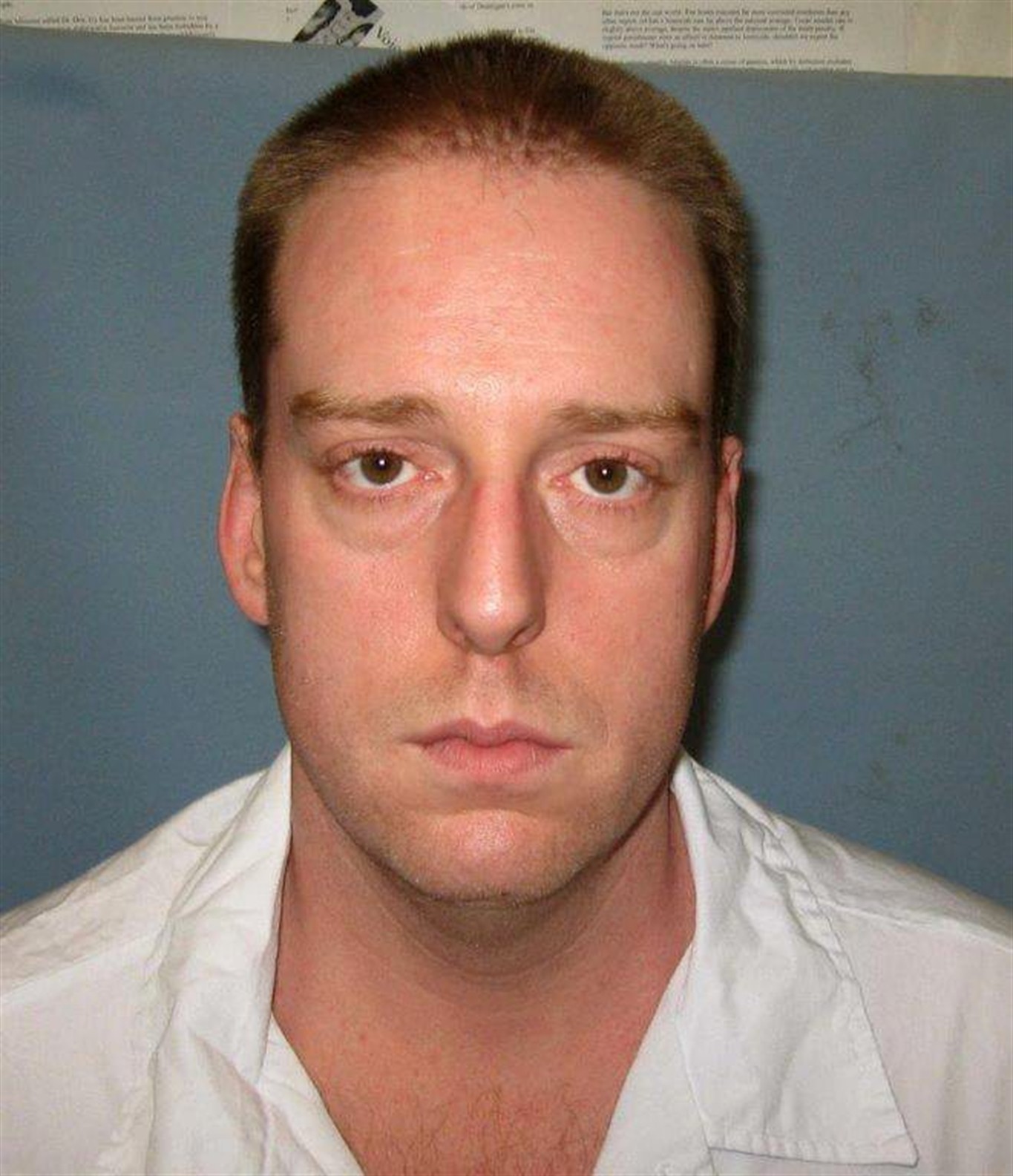MONTGOMERY, Ala. – An Alabama man convicted of killing a store clerk is scheduled to be executed Thursday, but lawyers for the former Eagle Scout are urging it be blocked because a judge overrode a jury recommendation in imposing the death sentence.
Forty-five-year-old Ronald Bert Smith, Jr., is set to receive a lethal injection at 6 p.m. CST Thursday for the Nov. 8, 1994, shooting death of Huntsville store clerk Casey Wilson. It would be Alabama’s second execution this year if carried out.
Lawyers for Smith and the state submitted a flurry of last court filings to the state over whether a judge should have sentenced Smith to death when a jury recommended life imprisonment. Smith’s attorneys have urged the U.S. Supreme Court to block the planned execution to review the judge’s override.
A jury convicted Smith of capital murder in 1995 and recommended life imprisonment by a 7-5 vote, but the judge sentenced Smith to death.
“Alabama is alone among the states in allowing a judge to sentence someone to death based on judicial fact finding contrary to a jury’s verdict,” attorneys for Smith wrote Wednesday. “There is a societal consensus, and Alabama is on the wrong side of it.”
Lawyers for the state argued in a court filing Tuesday that the sentence was legally sound, and that it is appropriate for judges to make the sentencing decision.
“A juror’s sentencing decision is likely to be the only decision about criminal punishment he or she will ever make, and it will come at the end of an emotionally draining trial, which will often be the first and only such trial a juror will have seen,” lawyers for the state wrote.
Wilson was pistol-whipped and then shot through the head during the robbery, court documents show. Surveillance video showed Smith entering the store and recovering spent shell casings from the bathroom where Wilson was shot, according to the record.
Smith became an Eagle Scout at 15 and was the son of a NASA contract employee. Despite that promising start, he had an abusive home environment and struggled with alcohol dependence, downing a pint of vodka at a time in his freshman year in college and living in a “haze” of alcohol when the killing occurred, his attorneys wrote the governor in a clemency petition.
In that petition, Smith’s attorneys included an affidavit from a juror who said she believed life imprisonment was the appropriate punishment.
The governor’s office has declined comment on the petition.
Judge Lynwood Smith, now a federal judge, sentenced Smith to death. He likened the killing to an execution, saying the store clerk was beaten into submission and shot in the head in a crime that left an infant fatherless. In overriding the jury’s recommendation, the judge also noted in court records that, unlike many other criminal court defendants, Ronald Smith came from a middle-class background that afforded him opportunities.
Alabama has been attempting to resume executions after a lull caused by a shortage of execution drugs and litigation over the drugs used.
The state executed Christopher Eugene Brooks in January for the 1993 rape and beating death of a woman. It was the state’s first execution since 2013. Judges stayed two other executions that had been scheduled this year.







